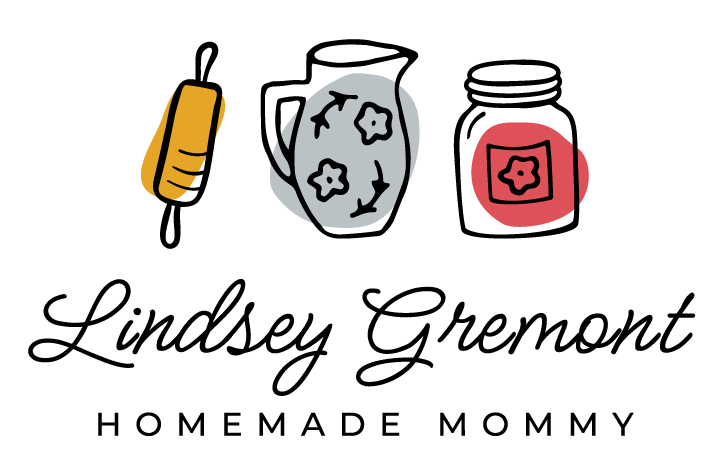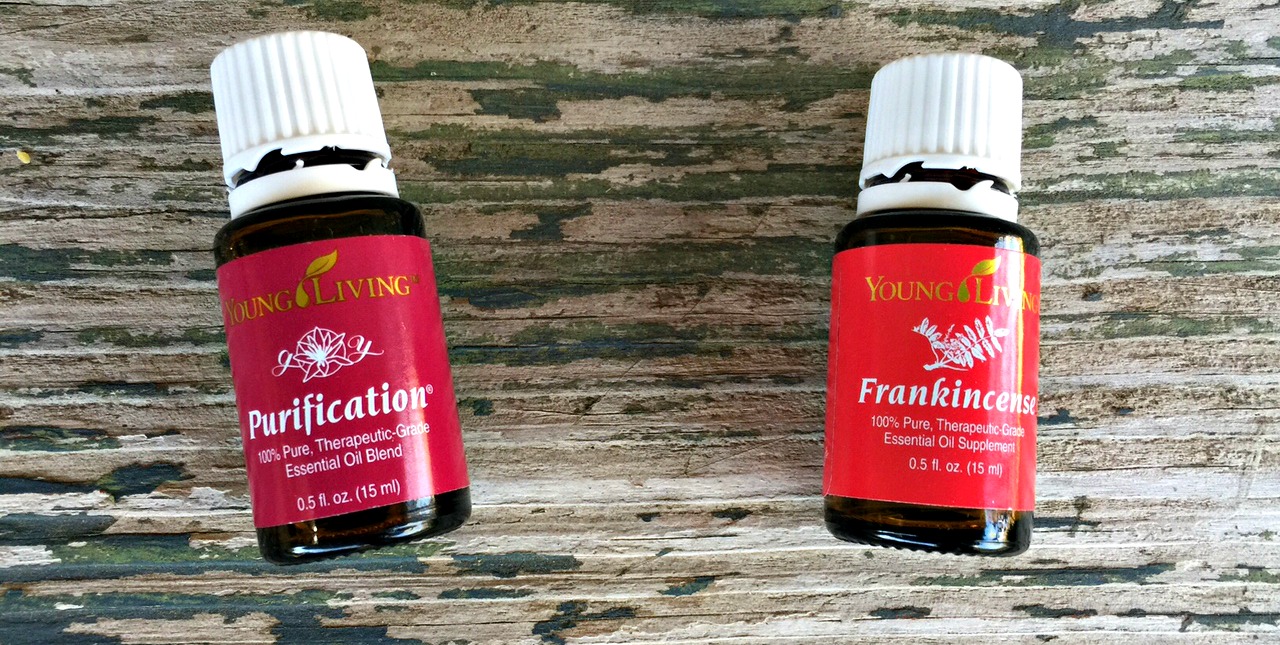What’s your community
We are a part of many communities. We are often told: Birds of a feather flock together. We are also told to spend time with people that enrich you and raise you up! While all of this might be true, I actually have been doing some of the opposite lately. I am more curious about other people’s interests now. This week’s reading is Terumah: Exodus 25:1 – 27:19 touches on this point in so many ways. You might be thinking – what do incredibly detailed instructions for building the Tabernacle have to do with communities?
First let’s explore the foundation of this portion…The whole point of having the Tabernacle is to give the Israelites a way to bring G-d into their midst to dwell among them. But can we really bring G-d near to us to live in a little space like the Tabernacle? We cannot contain G-d in a tiny Tabernacle, can we? Most definitely not! But the instructions are so detailed and repeated so many times, it must be super important because the Torah does not repeat unless it is SUPER IMPORTANT! So what we can learn and do now with this information is understand that G-d does dwell among us but only if we let Him in and create holy spaces for Him.
It is interesting to note that we aren’t commanded in Terumah to build the Tabernacle ALONE. We aren’t commanded to go on individual spiritual quests to build a holy space. And actually there is some question as to when we were actually commanded to do this – before our sin of creating and worshiping the Golden Calf or after. No matter when we were told to build it, the point I want to focus on today is that we are commanded to build the Tabernacle TOGETHER as a community. Building this thing was a team effort bringing together unique skills from each individual. Each individual had unique materials like expensive fabric, gold, silver, wood, etc. they brought with them from Egypt to bring to the table. G-d provided the instructions but each individual working as a key puzzle piece in this traveling Israelite community of over 2 million people worked together to make it happen. Why? This structure provided us with a holy place in which to draw nearer to others in the community. It distracted us from fear of being abandoned by our leadership (Moses) for a considerable amount of time while we were told to just wait. It commanded us to work together and respect everyone’s unique contribution. It forced us to look to our neighbor vs. worrying just about ourselves.
How do we let G-d dwell among us today?
Terumah teaches us how to make our homes a holy space. Nope – it isn’t just our place of worship that is to be holy…it is our homes. Our table becomes an altar, our candles our menorah, our challah our bread, our attitudes and behavior toward our spouse and children becomes our sacrifices and love. Who we invite into our homes and how we treat them becomes our community. Everyone is different. We can’t all be the same. G-d built us differently so that we might learn something from each other.
How does your home feel right now? Lonely or filled with community and life? Stressful or peaceful? If we hide in our homes numbed out on Facebook and watching television how are we building holy spaces for G-d to dwell among us? If we never seek council from our peers on various topics then what can we learn? We are not on a spiritual quest alone. To study and grow requires community. How we relate to and work together is what life is all about.
For many years I thought because I had my real foodie friends online that I was set with my community. But as I said above, now I think the opposite. What about those who believe and think differently than me? How can I be friends with them too? The mark of a great leader and friend is someone who can relate to and be interested in anyone – even if they aren’t interested in the same things you are interested in. So ask yourself this: what did I do today to be interested in someone else?
Most often, feeling unworthy around others drives us to avoid being interested in others. We are so concerned about our own agendas and interests that we don’t even listen to the other person. The other side of feeling worthless is feeling APPROVAL. This emotion can be released using Frankincense on the jawline while saying “I am valuable”. We cannot demand this approval from others and then stew at home wondering why we aren’t valued more by others. We have to feel it inside ourselves first. Approval can only come from within and from G-d. Once you approve of yourself then you will see that others always approved of you too. We create our reality – positive or negative. The other unintended consequence of feeling worthless is that we create barriers to being with our community and leaning on them for support. We gate off our hearts and minds to others and we feel very alone. To remedy this we need to model our ancestors and focus on a task with purpose like building the Tabernacle. Find something you can do to build community. Something you can work on with others. Something you can learn with others. Some group of people you can help. You can also apply Purification to your throat while saying “Be All Here”. The other side of being alone is to be united in community. You will find that our best relationships are built working with and serving with others. Without real relationships there can be no community and only loneliness and more feelings of unworthiness.
Wrap up: Oils to add to your prayers
All oil references to emotions are from this book. I use this book in a variety of ways and explain how in this video.
- Frankincense for feelings of worthlessness. The other side approval. Say “I am valuable” while applying a drop of Frankincense to the jaw line.
- Purification for being alone. The other side is unite. Say “Be All Here” while applying Purification to the throat.


As always, spot on!! Thank you for following the prompting of the spirit, it is always perfect timing and just what is needed to be heard.